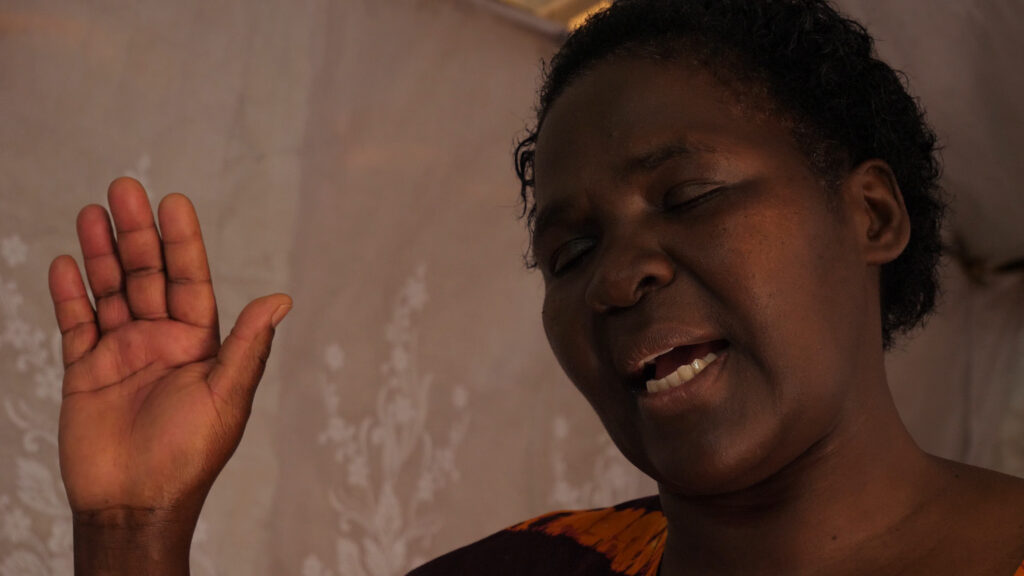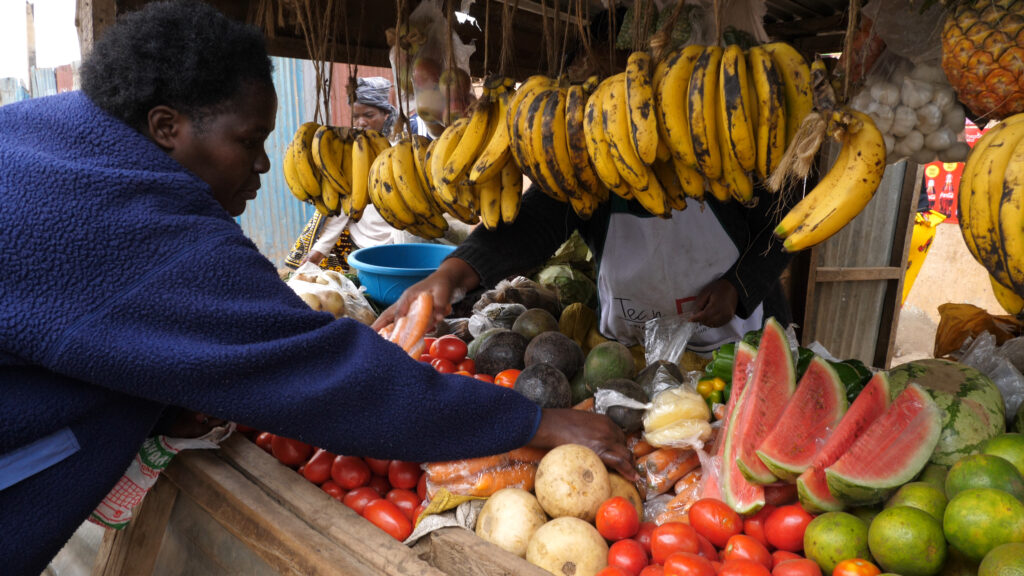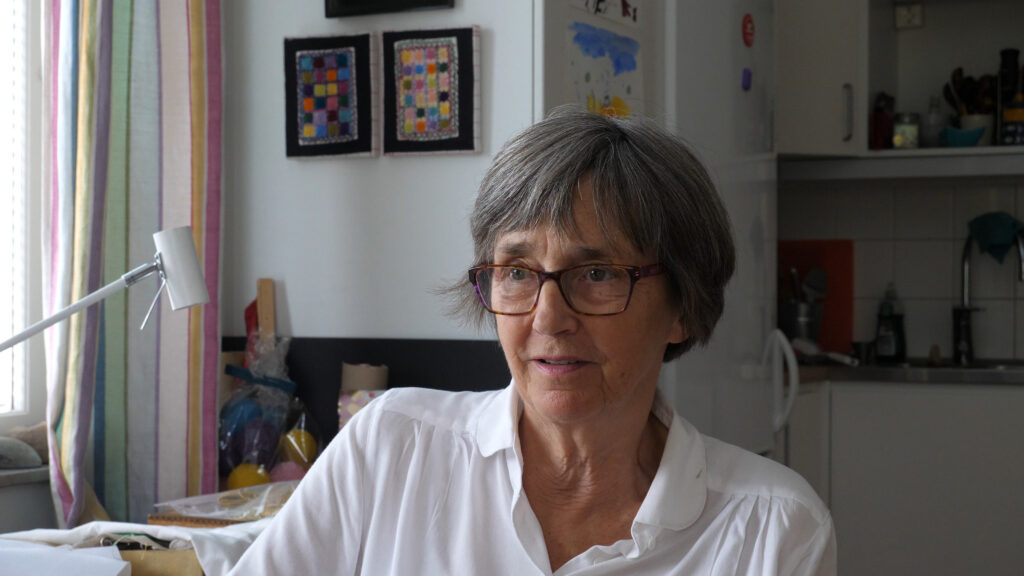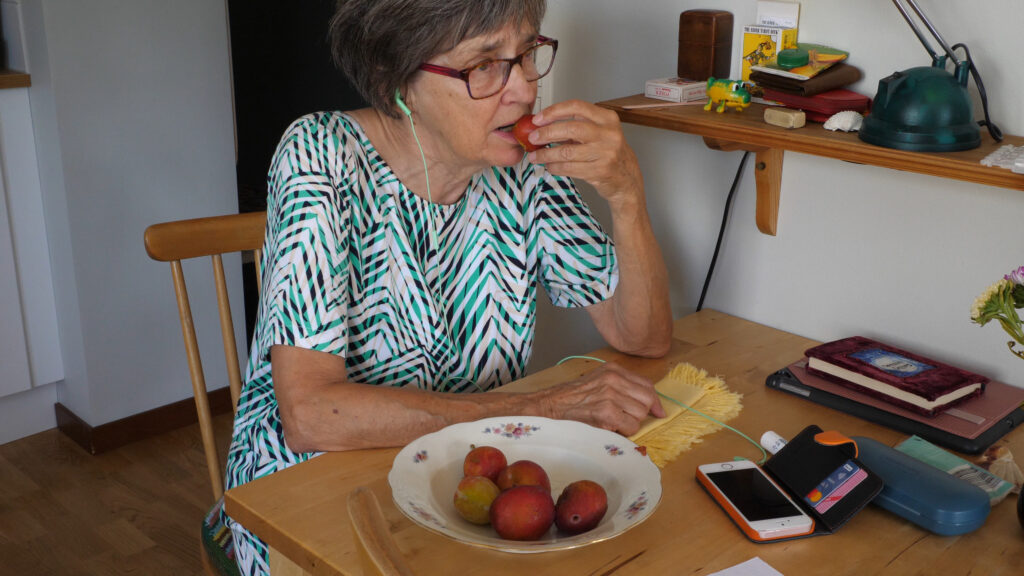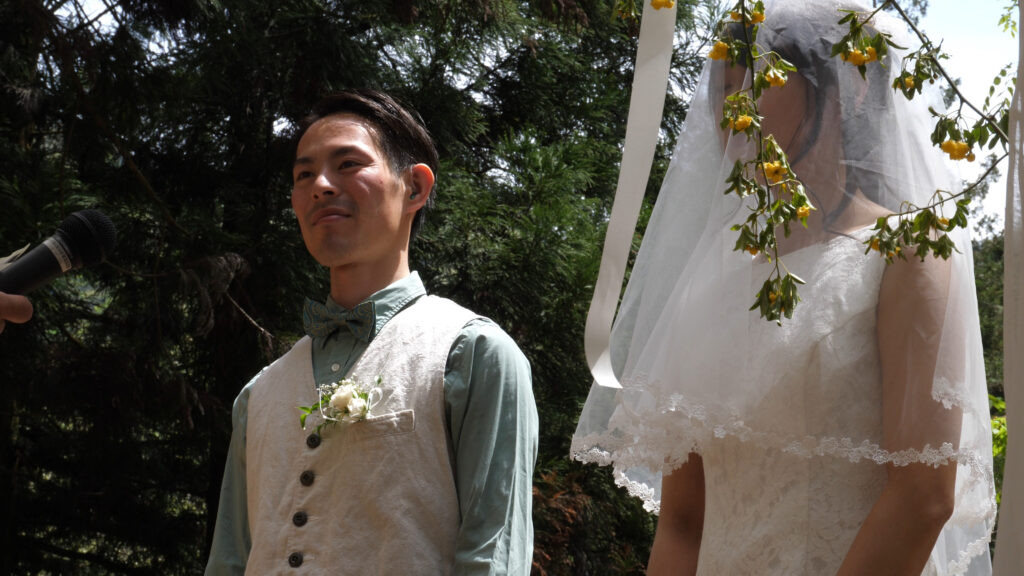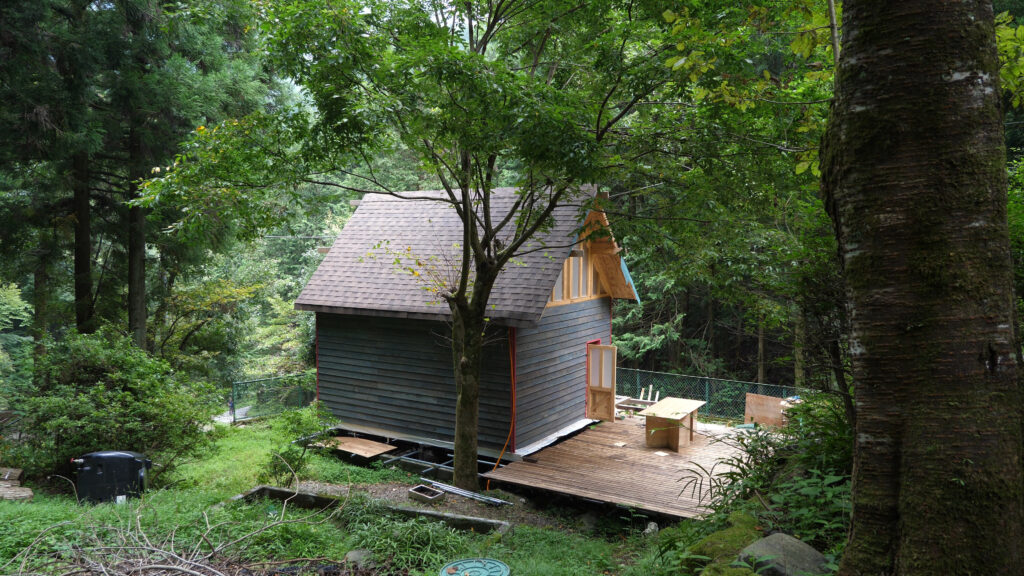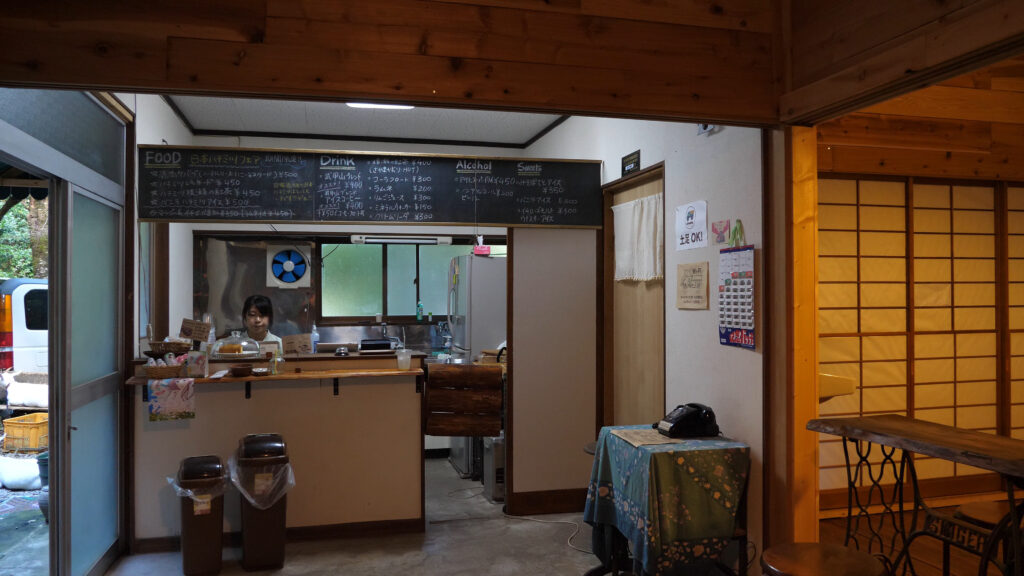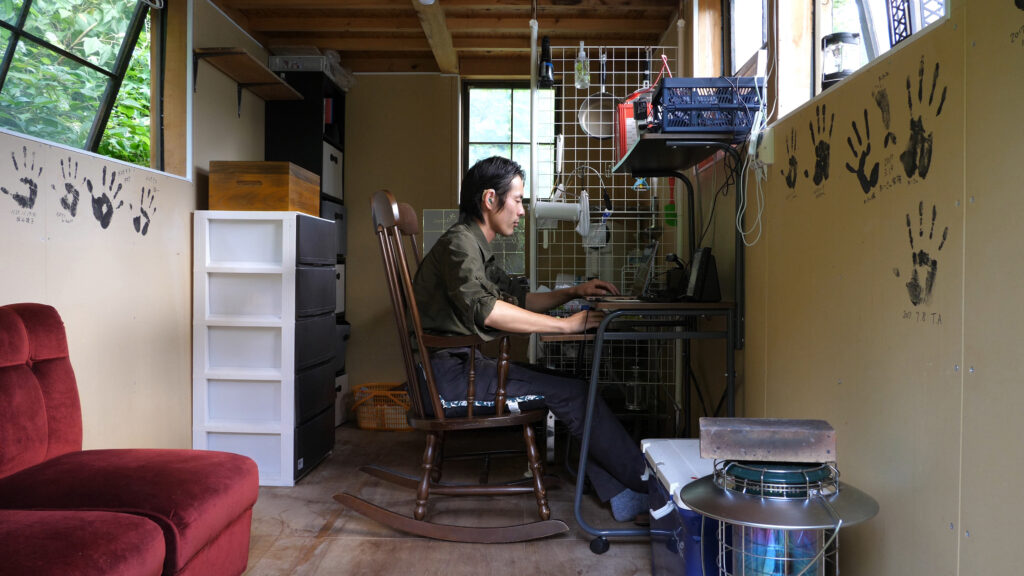Compact Life Project
2018
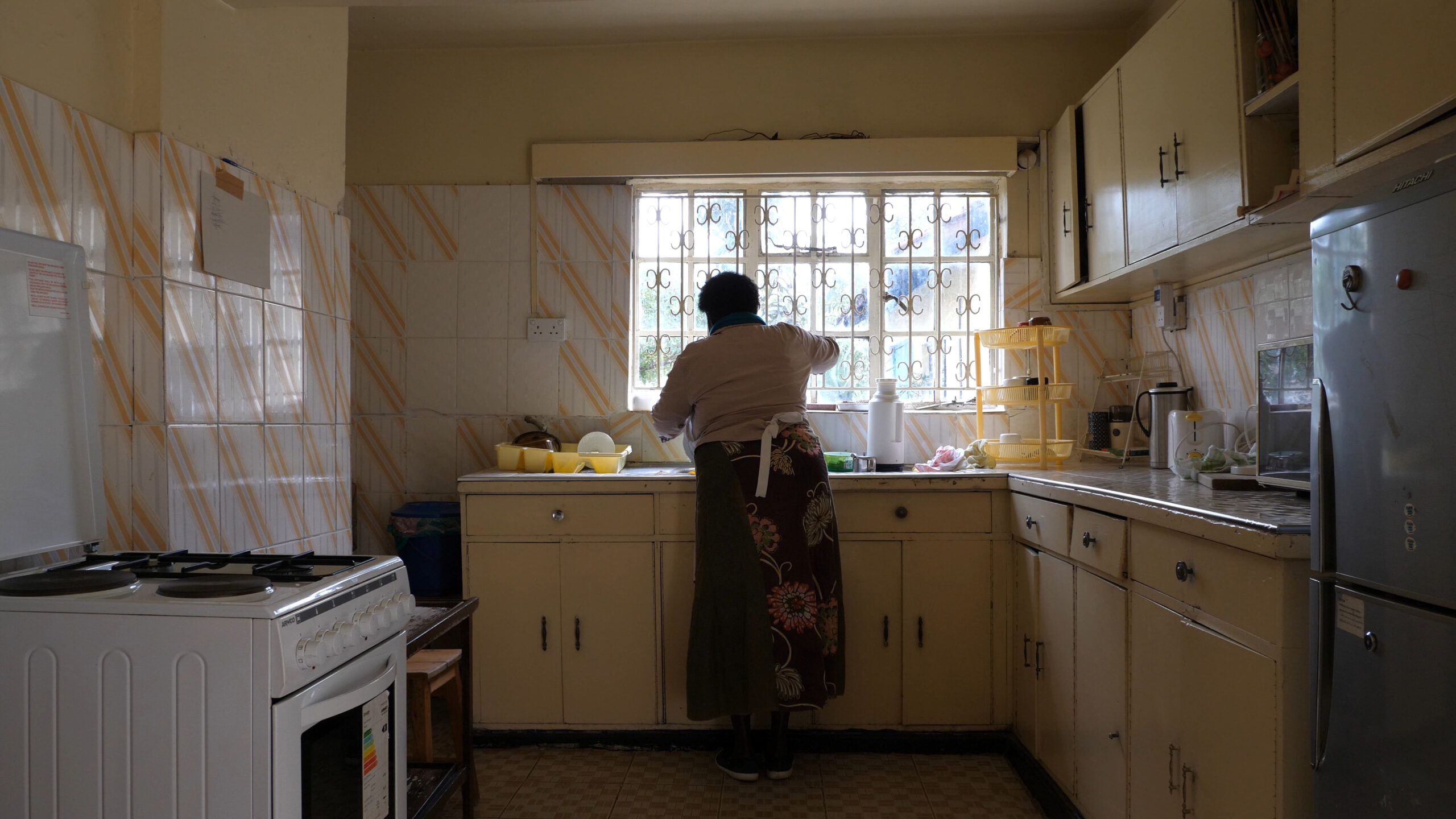
Overview
This project was inspired by the question “What is the minimum requirement for human beings to live a life of dignity?”
Since 2009, I have had the opportunity to visit Nairobi, Kenya multiple times for anthropological research, and as part of that research, I have visited slums such as Kibera several times. Most of the dwellings in this area are about 3 × 3 m2, and there are [many?] cases where five or more residents live in one space. In this residential environment, the inhabitants have managed to create a “comfortable” space. In his book “Tame the City”, anthropologist Motoji Matsuda describes the resilience of migrant workers living in a slum environment, and I had the exact same impression. These experiences have prompted me to wonder, “How happily can a person live with the minimum standards of living and living space?”
Of course, the act of living is not so simple. Slum dwellers are not happy with their dwellings and often want to live in a larger home someday. This does not mean that people living in small houses are rich if they have few wants. Rather, the sense of well-being of the inhabitants will depend on what kind of community the living space is in and how the interactions with other people are established.
In this project, I have been exploring the lifestyles of people who live compactly in various environments in Kenya, Japan, and Sweden.
本プロジェクトは、「人間が尊厳を持って暮らせる必要最小限の生活とは?」という問いを巡る旅の過程である。
作者は縁があって2009年から人類学の調査でケニアのナイロビを複数回訪れる機会があり、その調査の一環で何度もキベラなどのスラムを訪れた。この地域の住居は3 x 3m四方程度の居住空間が多く、その中に一家5人以上で住んでいることもある。この住宅環境の中で、住民はなんとか工夫して「快適な」スペースを作り出していた。 人類学者の松田素二はその著書である「都市を飼いならす」の中で、出稼ぎ移民がスラム内の環境でしたたかに生活するタフさを描いているが、私も全く同じ印象を持った。これらの経験から、「どこまで最小限の生活や居住空間で人は幸福に暮らせるのか」ということがずっと気になっていた。
もちろん、住むという行為はそんなに単純に割り切れるものではない。スラム住民たちはその場所で満足しているわけではなく、いつかもっと広い家に住みたい、家が欲しいと思っていることが多い。これはどうも、狭小住宅に住んでいる人々が「足るを知れ」ば幸福だということでもないのだろう。住民の幸福感は、むしろその居住空間がどういったコミュニティの中にあって、人との交流がどう成り立っているかによって変わるだろう。
本プロジェクトでは、ケニア・日本・スウェーデンの様々な環境で、コンパクトに生活する人々の暮らしぶりを探る。
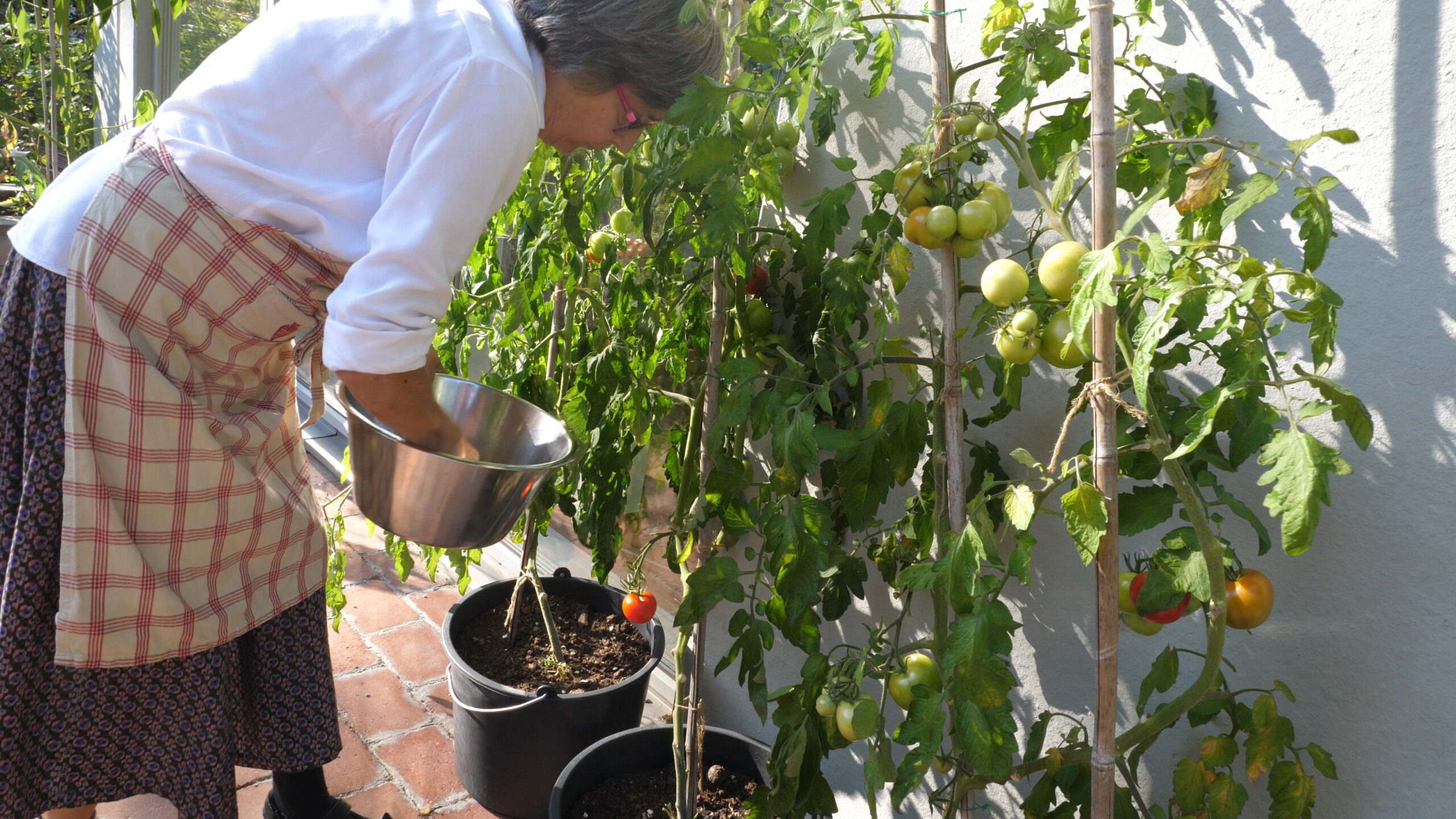
Credits
3 channel video installation, HD, 27 min
Project Direction / Installation / Director of Photography / Editor: Yasushi Noguchi
Acknowledgement: Emmy, Sosuke Hikawa, Cecilia Löfström
